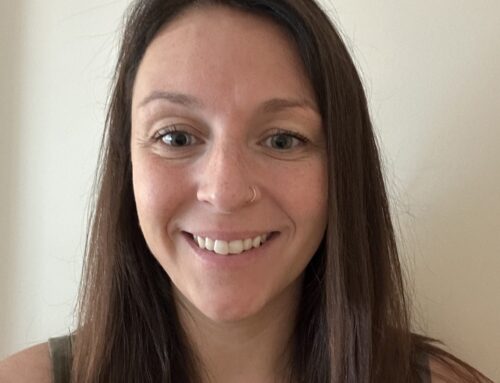Being neurodiverse and experiencing addiction are two complex issues that can intersect in powerful ways. While not everyone who is neurodiverse will struggle with substance misuse, certain traits and challenges can increase risk, and traditional treatment approaches do not always meet these individuals’ unique needs.
With greater awareness and more flexible, supportive care, neurodiverse individuals can achieve lasting recovery and build fulfilling lives.
What Does Neurodiverse Mean?
Neurodiverse is a broad term for people who process information, think, or experience the world differently than what is considered typical. Conditions often described as neurodiverse include autism spectrum disorder, attention deficit hyperactivity disorder (ADHD), Tourette syndrome, and learning differences such as dyslexia.
The term is meant to reduce stigma and foster acceptance. These differences only become disabling when systems are not designed to support diverse ways of thinking and learning. With proper understanding and accommodations, neurodiverse individuals can thrive.
Addiction Risk for the Neurodiverse Population
While being neurodiverse itself is not a cause of addiction, certain characteristics and experiences can heighten vulnerability to substance misuse.
- ADHD and impulsivity: Research has shown a clear link between ADHD and increased risk of substance use disorders. Impulsivity, risk-taking, and difficulty with delayed gratification are common traits that can lead to experimentation and misuse. In some cases, individuals with untreated ADHD may turn to stimulants as a way to manage their symptoms, a pattern that requires careful clinical attention.
- Autism spectrum disorder and social pressures: For individuals on the autism spectrum, challenges with processing information and social cues may make it harder to fully understand the risks of substance use or resist peer pressure. These factors can contribute to misuse even when the individual is not seeking substances.
While the idea of self-medication is often discussed in relation to substance use, it may be less applicable for many neurodiverse individuals. In these cases, the drivers of misuse tend to be more closely tied to impulsivity, environmental factors, and difficulties in navigating social contexts.
Challenges in Traditional Treatment Models
Traditional addiction treatment programs often rely on structured group settings, which can pose challenges for neurodiverse individuals.
For example, someone with autism may experience sensory sensitivities that make group therapy overwhelming, while a person with untreated ADHD may struggle to engage in lengthy, lecture-based sessions. Without appropriate adaptations, these individuals may be misunderstood or mislabeled as unmotivated or resistant to treatment.
A More Individualized Approach
One-size-fits-all treatment is not effective for everyone. Our approach prioritizes individualized care, helping neurodiverse clients find the best strategies and settings for them.
Key practices include:
- Offering one-on-one clinical connections alongside group options
- Being mindful of different learning styles and sensory needs
- Creating flexible treatment plans in both inpatient and outpatient settings
- Continuously assessing and adjusting approaches based on individual responses
The field has evolved significantly, moving away from rigid models that force every client into the same mold. Today, treatment is most successful when it honors each person’s unique needs and strengths.
What Families Should Know
Families play a crucial role in supporting neurodiverse loved ones in recovery. Not every treatment environment will be the right fit, and asking questions is essential.
Families should feel empowered to ask treatment providers:
- How will you assess my loved one’s individual needs?
- How will you tailor the treatment approach to help them succeed?
It may take time to fully understand how neurodiverse individuals and substance use interact. Sorting through overlapping challenges, such as the effects of substances versus underlying traits, requires patience, persistence, and compassion.
Embracing individualized care
Recovery is possible for everyone, including neurodiverse individuals. People can build meaningful, substance-free lives with the right support and an approach that values their differences.
By fostering awareness, promoting individualized care, and creating supportive environments, we can ensure that every individual’s needs are understood and honored.
If you or a loved one are struggling with addiction or co-occurring disorders, call the New England Recovery Center today at 1-877-MyRehab.










